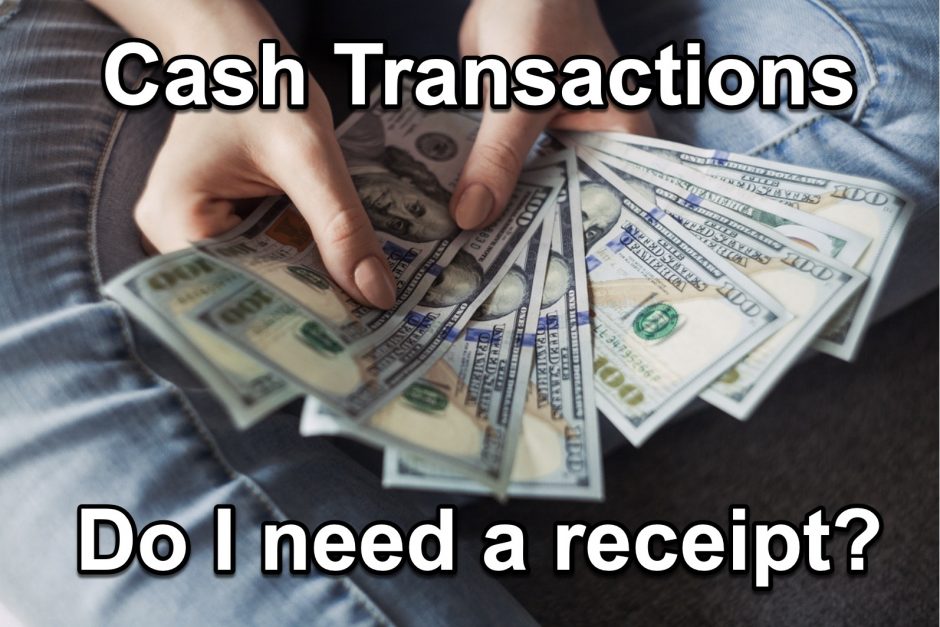In today’s increasingly digital world, cash transactions may seem like a relic of the past. However, many people still prefer the convenience and anonymity of cash when buying or selling items.
Regardless of the method of payment, it’s essential to have a receipt to document the transaction.
In this blog post, we’ll explore the importance of receipts for cash transactions, particularly when buying or selling vehicles, computers, bikes, jewelry, event tickets, and other items. We’ll also discuss various marketplaces and situations where cash receipts are necessary and the legal requirements surrounding receipts.
The Importance of Receipts in Cash Transactions
- Vehicles – When buying or selling a vehicle with cash, a receipt is crucial. It serves as proof of ownership, helps with title transfers, and can protect the buyer and seller in case of disputes. In some states, a bill of sale is required alongside the receipt, providing detailed information about the vehicle and transaction.
Check with your local DMV for specific requirements in your state: https://www.dmv.org/bill-of-sale.php.

- Computers – Purchasing a computer with cash may require a receipt for warranty purposes or to verify the purchase if you’re reselling it. Additionally, a receipt can provide proof of ownership in case of theft or fraud.
- Bikes – Similar to vehicles and computers, a receipt is essential when buying or selling a bike. It can help with warranty claims, provide proof of ownership, and protect both parties in case of disputes.
- Jewelry – A receipt for jewelry purchases, particularly for valuable items, is essential. It can help with insurance claims, serve as proof of value, and protect both the buyer and seller from potential disputes.
- Event Tickets – If you’re purchasing event tickets with cash, a receipt can provide proof of purchase and help resolve any issues that may arise, such as lost or stolen tickets.
- Other Items – Cash transactions are common for various items, including antiques, artwork, collectibles, and furniture. Regardless of the item, a receipt can help document the transaction and protect both parties in case of disputes or issues.
Common Marketplaces for Cash Transactions
- Newspaper Classifieds – Newspaper classifieds are a popular platform for buying and selling items with cash. Always request a receipt when making a purchase through classifieds to avoid potential issues and disputes.
- Flea Markets – Flea markets are a common venue for cash transactions. It’s essential to ask for a receipt, particularly when purchasing valuable or unique items.
- Craigslist – Craigslist is a popular online marketplace for buying and selling items with cash. A receipt is crucial to protect both the buyer and seller, and to provide proof of ownership and transaction details: https://www.craigslist.org/.
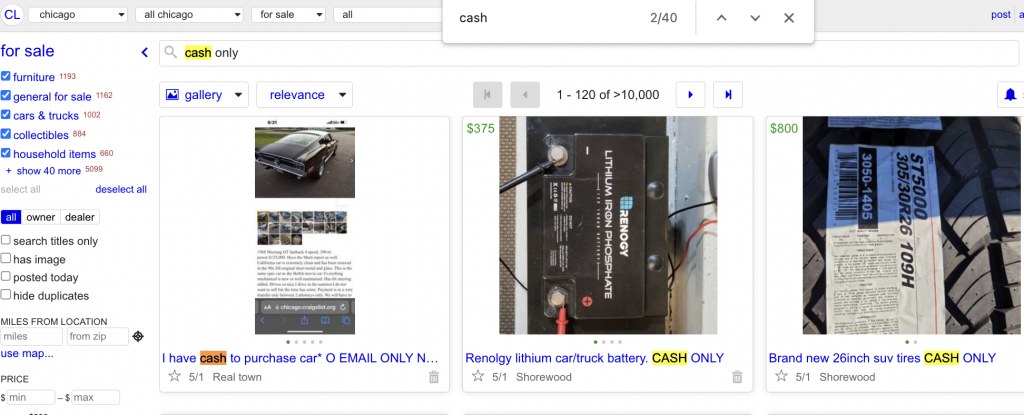
- Auctions – Auctions, both online and in-person, often involve cash transactions. A receipt serves as proof of purchase and can help resolve any disputes that may arise.
- Other Places – Other places where cash transactions may occur include garage sales, pawn shops, and thrift stores. In each situation, it’s essential to request a receipt to protect both parties and document the transaction.
Buyer’s Perspective: Why Ask for a Receipt?
- Proof of Purchase – A receipt serves as proof of purchase, which is vital for warranty claims, insurance purposes, or reselling the item.
- Ownership Documentation – A receipt provides proof of ownership, which can help resolve disputes and protect the buyer in case of theft or fraud.
- Legal Protection – A receipt can protect the buyer in case of disputes, providing evidence of the transaction and item details.
Seller’s Perspective: Why Provide a Receipt?
For a seller, providing a receipt to the buyer is important for several reasons.
- Document the sale and provide proof of payment.
- A receipt can also be used as a reference in case there are any disputes or issues with the transaction.
- Additionally, it is a way to show professionalism and build trust with the buyer.
Legal Reasons for Cash Receipts
There are laws that require a receipt for certain items being bought or sold.
For example, many states in the USA have laws that require receipts for purchases of over a certain amount, such as $25 or $50.
Additionally, some states require receipts for specific items, such as firearms, tobacco products, and prescription drugs. It’s important to check the specific laws in your state to ensure compliance.
Here are some useful references on receipt laws in the USA:
- https://www.nolo.com/legal-encyclopedia/receipt-requirements-what-to-include-in-a-receipt.html
- https://www.avalara.com/blog/en/north-america/2019/09/state-by-state-guide-to-sales-receipt-requirements.html
Acceptable Types of Cash Receipts
When it comes to acceptable forms of cash receipts, there are several options. A handwritten receipt is acceptable, as long as it includes all the necessary information.
Alternatively, businesses can use cash register receipts, printed receipts from point-of-sale systems, or electronic receipts.
A cash receipt should include the following information:
- Date of transaction
- Description of the item(s) or service(s) purchased
- Price of each item or service
- Total amount paid
- Method of payment
- Signature of the person receiving payment (if applicable)
How to Create a Cash Receipt
There are several options for creating a cash receipt. You can create a template in a word processing program like Microsoft Word or Google Docs, or use a receipt generator tool online. Some popular receipt generator tools include:
- https://makereceipt.com – Make Receipt Receipt Generator
- https://invoicewriter.com – InvoiceWriter Invoice Creator
- https://www.receipt-maker.com/ – Low Budget Receipt Maker
- https://www.freeinvoicemaker.com/receipt-maker/ – Free Invoice Maker
In conclusion, providing a receipt to a buyer is an important part of the transaction process.
It is not only required by law in some cases, but also serves as proof of payment, can be used as a reference in case of disputes, and helps to build trust with the buyer.
When creating a cash receipt, it’s important to include all necessary information and use an acceptable form of receipt.
The Best Templates for Cash Transactions
Here are some options if you are looking for a cash receipt for your cash transaction.
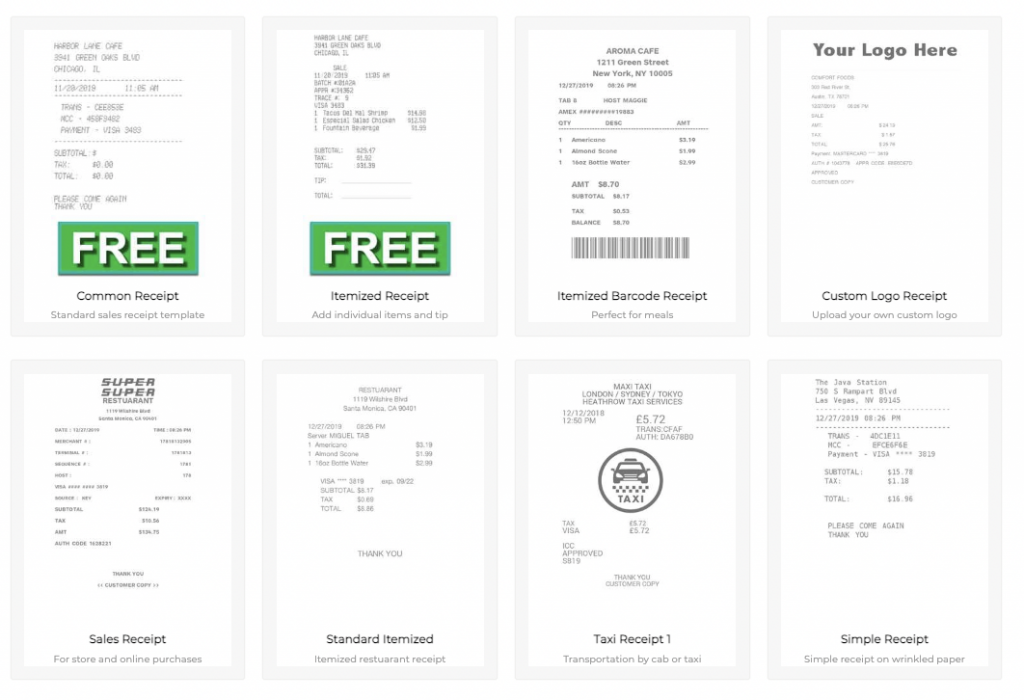
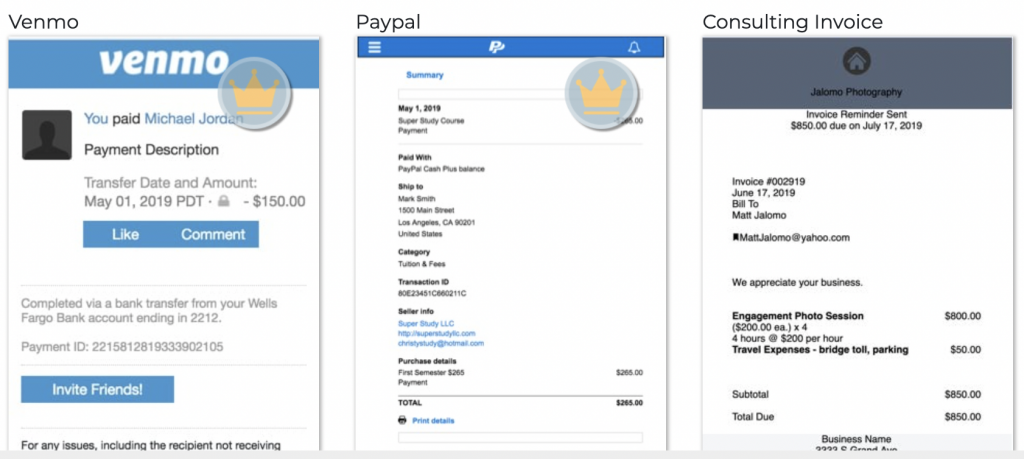
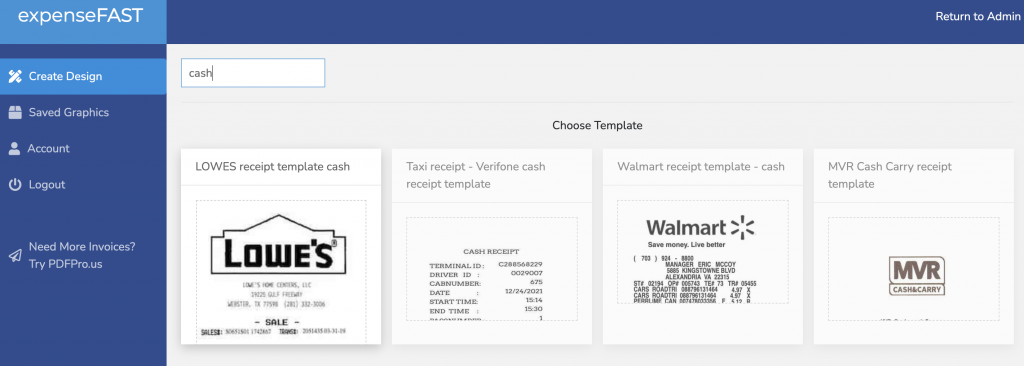
Businesses Go “Cash Only”
In today’s digital age, it might come as a surprise to some that there are still businesses that only accept cash payments.
One reason for this is the cost associated with accepting other forms of payment, such as credit cards.
Credit card processing fees can add up quickly, especially for small businesses with low transaction volumes. By only accepting cash payments, businesses can avoid these fees and keep their costs low.

Another reason for businesses only accepting cash is the issue of fraud. Credit card fraud and chargebacks can be costly and time-consuming for businesses to deal with. By only accepting cash, businesses can avoid these risks altogether. Additionally, some businesses may have experienced fraudulent transactions in the past, leading them to only accept cash as a precautionary measure.
Finally, some businesses only accept cash as a way to stay off the grid. By avoiding electronic payments, businesses can avoid creating a digital paper trail of their transactions.
Going Cash-Only can be attractive to businesses operating in industries where there are high levels of regulation, or for businesses that are operating in a grey area of the law. Additionally, some business owners may simply prefer to keep their financial transactions private, and only accepting cash is one way to achieve this.
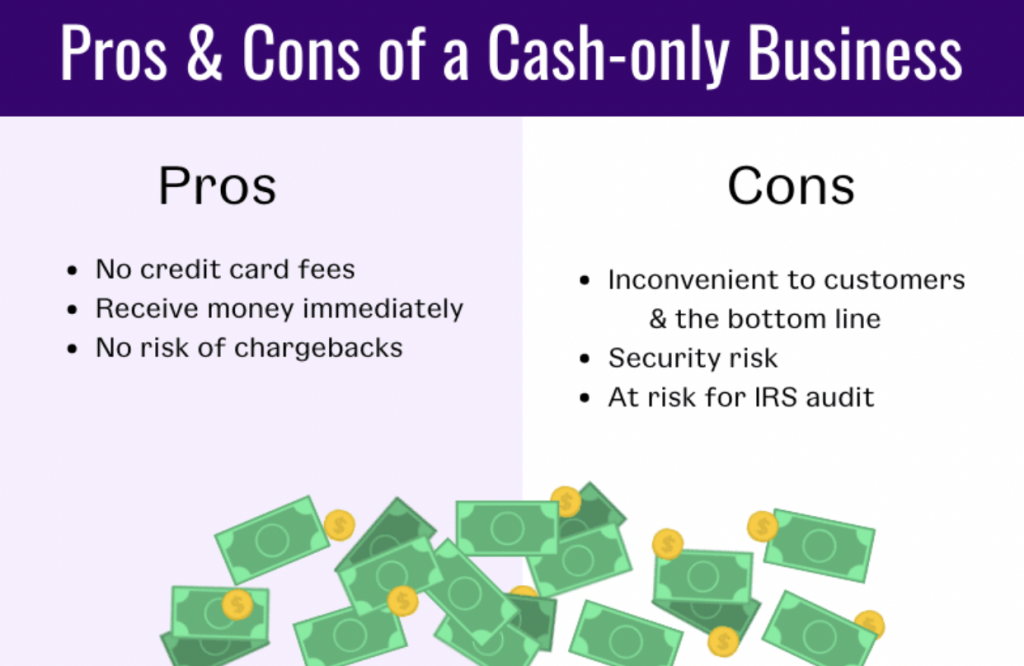
In conclusion, there are many reasons why some businesses only accept cash payments.
From avoiding transaction fees and fraud, to staying off the grid and keeping financial transactions private, there are many factors that can influence a business’s decision to only accept cash.
As technology continues to advance and electronic payments become more prevalent, it will be interesting to see how many businesses continue to rely solely on cash.

